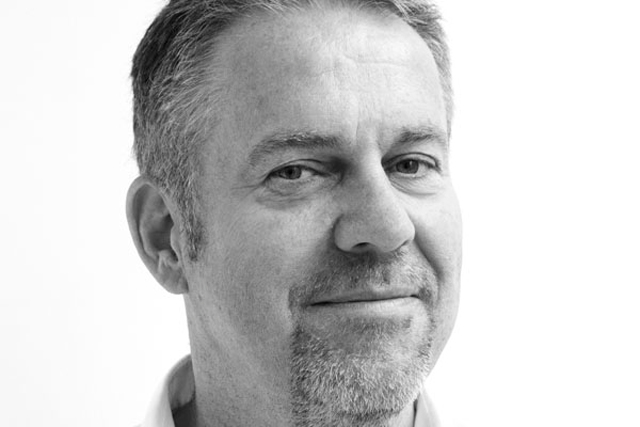Eighty years on from these predictions, and we are busier than ever.
Advances in technology allow us to stay connected wherever and whenever we want. And as we move into the era of the "Internet of Things", with once-ordinary objects, from watches to thermostats, being transformed into smart, connected items, the constant flow of information will likely go into overdrive.
The cracks resulting from this 24/7 society are already starting to show. A 2013 study by recruitment specialist Robert Half UK found one in three British professionals is suffering from burnout, leaving them struggling to cope with work stress and manage their work-life balance.
Separately, researchers at the Royal Institute of Technology in Stockholm have suggested that the digital world is having a detrimental effect on our short-term memory, as we are exposed to stimuli far in excess of our memory’s boundaries.
Recession pressures
The pressures of a recession economy and digital ubiquity are fundamentally affecting our perceptions and how we live our lives. There is a growing sense that the modern world is overwhelming and consumers are beginning to re-evaluate what matters to them. Signalling the emergence of a new "peace movement", serenity, health, balance and simplicity were on the receiving end of noticeable upswings in an Iconoculture report on US values last year.
The cracks resulting from this 24/7 society are already starting to show.
Amid this digital fatigue, we’re witnessing a significant shift in attitudes toward technology. Consumers are seeking a healthier balance between being connected and unplugging. A consumer-attitudes audit by Future Poll found that 62% of respondents wanted to remain completely non-contactable on holiday and 47% planned to spend time away from the internet.
Smart marketers are already responding to this trend. Growing numbers of hotels and travel agents are offering stress detox holidays, where phones, laptops, watches, tablets and any mention of work are prohibited. One example is Camp Grounded in Anderson Valley, California, a summer camp for adults, where guests are asked to hand in their digital devices on arrival – vintage typewriters are available to write letters home.The cracks resulting from this 24/7 society are already starting to show.
Retailers are also picking up on this trend. Here in the UK, Selfridges launched its "No noise" initiative in 2013, where shoppers are invited to "celebrate the power of quiet" with a special room shielded from the human traffic in the store. Lockers are provided for customers to leave their "21st-century distractions" behind.
Mental wellness
This change in approach is not limited to the consumer world. Brands are responding to the "peace movement" in the workplace, too. Volkswagen has put measures in place to stop employees receiving work emails on their BlackBerrys from 30 minutes after their shifts end, and Google is offering high-tech sleep pods that shut out external stimuli and allow employees to recharge. Businesses are also coming to recognise the link between performance and emotional and mental wellness.
Switching off completely will not be possible for many of us, of course. And why would we want to? The internet has brought huge benefits to our lives.
But brands could help their customers strike a balance between their online and offline worlds. Marketers already segment audiences by demographics such as age or gender, and by attitude or lifestyle, so why can’t we tailor an approach that recognises the number of people shifting toward this "peace movement"?
Marketers are discovering that cutting through the onslaught of information requires a very different approach from what consumers became used to in the boom years.
Loud, "in-your-face" messaging will be out of place amid this new normal. Instead, a message that reflects our yearning for peace and encourages consumers to slow down will have a far greater impact.
If brands do strike more of a balance, they are likely to find that most people will appreciate the chance to occasionally disconnect from the chaos of modern life.


